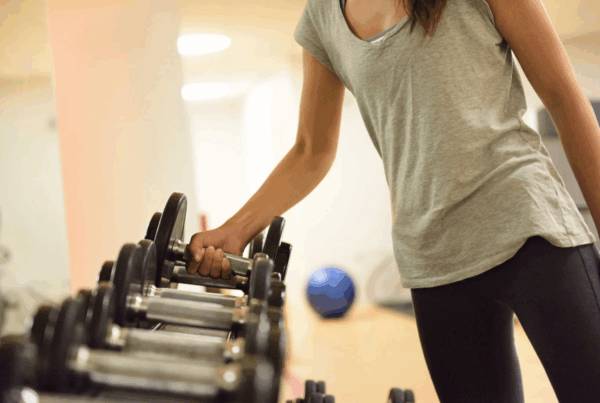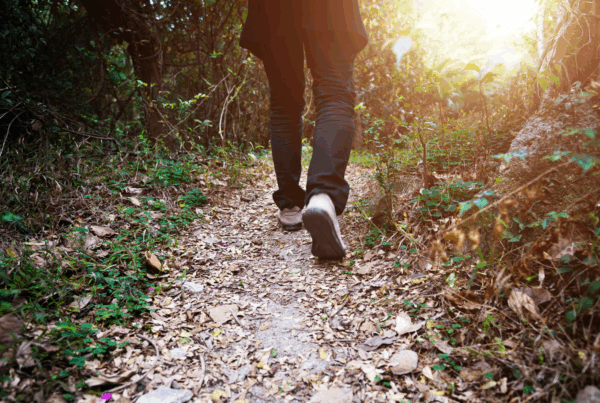In the world of return-to-work and rehabilitation, conversations often center around physical function, workplace tasks and recovery timelines. But what happens when the real barrier isn’t physical?
At Specialised Health, we work with people navigating life after injury, illness or major health events. For some, that journey includes emotional distress, isolation and in some cases, thoughts of suicide or self-harm. These are difficult topics, but they’re also essential ones.
With World Suicide Prevention Day (September 10) and R U OK? Day (September 11) approaching, it’s a timely reminder that our role as health professionals goes beyond muscles and joints, we work with whole people and mental health matters.
Why This Matters in the Rehab Space
When someone is dealing with persistent pain, loss of income or identity, long periods off work or the fear of not returning to their previous role, the emotional toll can be significant. It’s not uncommon for clients, particularly those on long-term claims, to experience symptoms of depression, anxiety or burnout.
Sometimes those clients are supported by psychologists. But often, they’re not. They may not feel “bad enough” to seek help or they may not know where to start. This is where basic mental health literacy across the support team becomes vital.
We’re not talking about becoming mental health clinicians. We’re talking about:
- Asking how someone is really doing
- Noticing when something feels “off”
- Knowing what to do next, within our scope
What Is Mental Health First Aid?
Mental Health First Aid (MHFA) is a global training program that began in Australia in 2000, developed by nurse Betty Kitchener and researcher Tony Jorm. Since then, it’s been adopted in over 25 countries and is widely recognised across Australia and New Zealand as a powerful tool for non-clinicians.
Much like physical first aid, MHFA teaches you to:
- Recognise the signs and symptoms of common mental health problems
- Offer initial help using an evidence-based action plan
- Connect the person with professional, peer or self-help support
Topics include depression, anxiety, panic attacks, psychosis, substance use and suicide/self-harm. Courses are tailored for different settings, including workplace, youth and Aboriginal communities.
🔗 MHFA Australia
🔗 MHFA New Zealand
Talking About Suicide: A Hard but Crucial Conversation
Let’s be honest: suicide is a heavy topic. Many of us fear saying the wrong thing, or making things worse. But here’s what the evidence says: Asking someone if they’re thinking about suicide does not increase risk. In fact, it can reduce distress and encourage people to seek help.
“Asking about suicide won’t make it happen. In fact, it can be the first step in helping someone feel less alone and more supported.”
Mental Health Foundation of New Zealand
“There is no evidence to suggest talking about suicide leads to suicide… People are more likely to seek help when someone shows they care enough to ask.”
Suicide Prevention Australia
“Asking directly can help reduce stigma, break the silence and may save a life.”
Lifeline Australia
In the return-to-work space, it’s also important to recognise that some clients are at higher risk than others, particularly those experiencing chronic pain, social isolation, financial stress or long periods off work. Mental Health First Aid training equips professionals to identify early signs of distress and understand who may be more vulnerable. As a team, we aim to stay aware of these risk factors across our caseloads, so we can respond with care when someone may need more support.
But I’m Not a Mental Health Professional…
Neither are we. We’re Exercise Physiologists. But we are humans and often trusted ones at that. In our role, we can:
- Be observant of mood, engagement and energy
- Ask the question if something feels off
- Escalate concerns to the referrer, GP, or treating mental health professional
- Modify programs when mental health affects physical progress
- Reinforce structure, routine, and reconnection with meaningful movement
Sometimes, what helps the most is simply being present, staying human and knowing when to speak up.
Let’s Keep Normalising the Conversation
At Specialised Health, we believe in whole-person rehab. That means understanding the emotional toll that illness, injury, and work loss can have and being willing to lean into tough conversations when they matter.
This World Suicide Prevention Day (September 10) and R U OK? Day (September 11), let’s not just wear yellow t-shirts. Let’s make it known that:
- It’s okay to ask
- It’s okay to not be okay
- It’s okay to care
Helpful Links and Resources:
- World Suicide Prevention Day (Sept 10): International Association for Suicide Prevention
- R U OK? Day (Sept 11): RUOK.org.au
- Mental Health First Aid: MHFA Australia MHFA NZ
- Lifeline (24/7 crisis support): 13 11 14
- Beyond Blue – What to Look For: www.beyondblue.org.au
Author: Tessa Nielsen
#exercisephysiology #exerciserehab #rehabilitation #lifeinsurance #incomeprotection #ctp #workcover #mobile #mobileexercisephysiology #fatigue #mentalhealth #cancer #musculoskeletal #injury #pain #physio #physiotherapy #Sydney #Brisbane #Melbourne #Adelaide #Auckland #Waikato #BayofPlenty #Wellington #Otago #Christchurch



